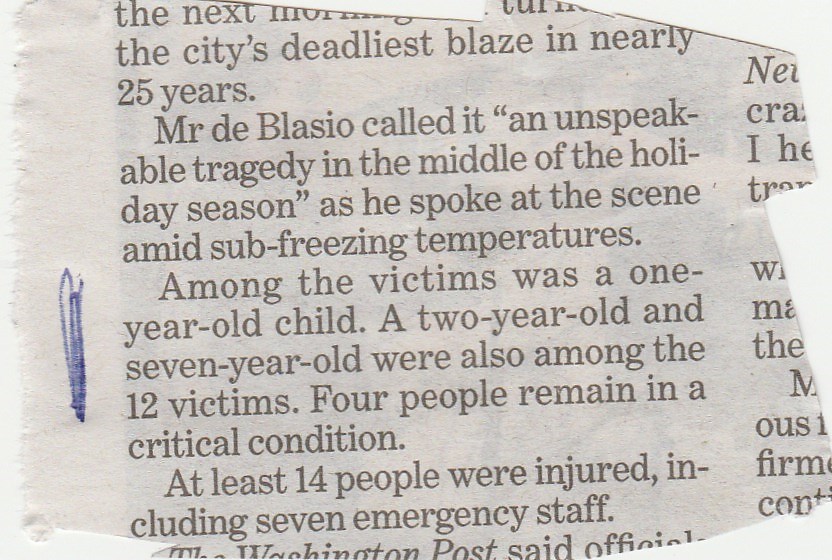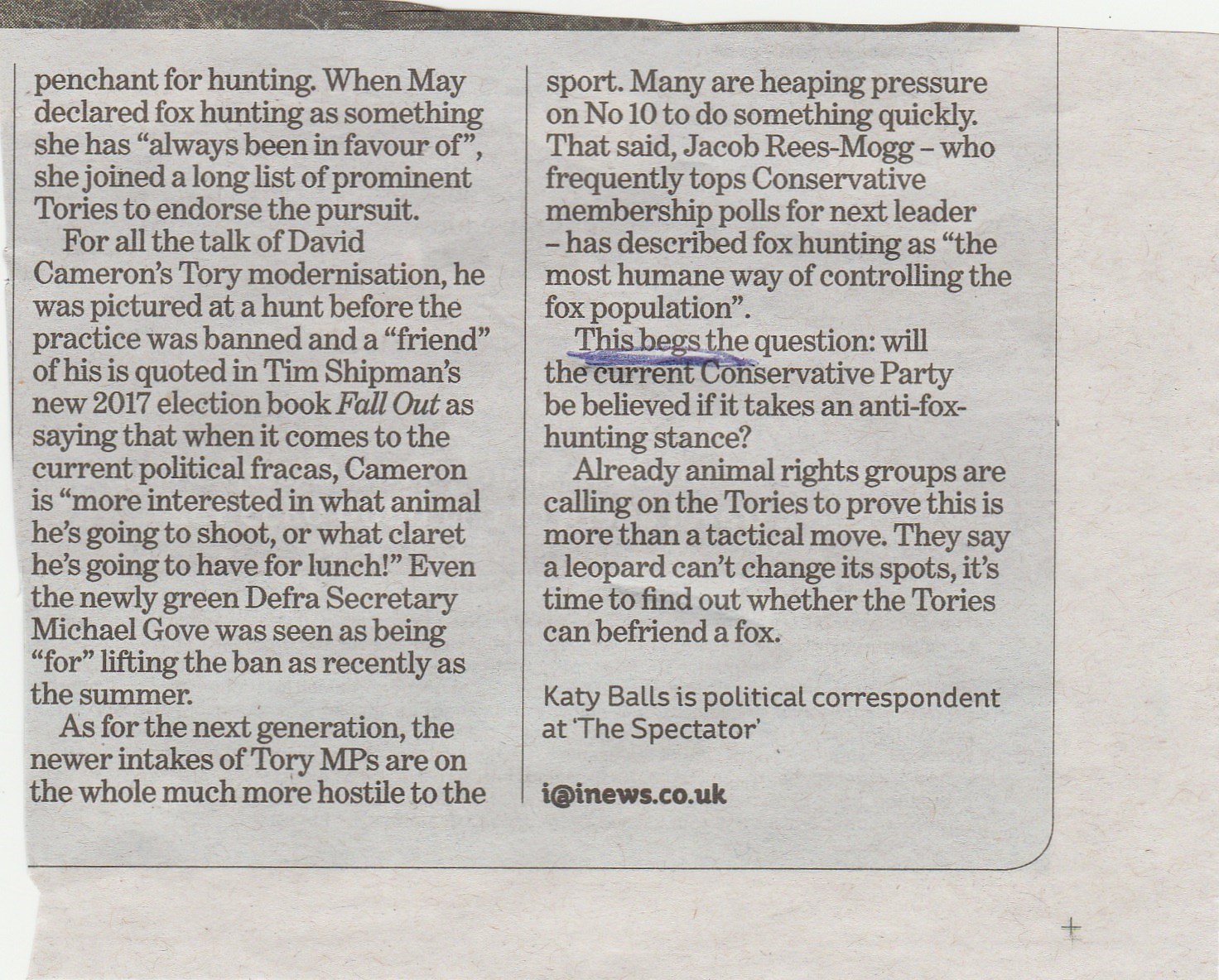 i newspaper, December 27, 2017
i newspaper, December 27, 2017
(100 words) Here is an interesting story with not much space to tell it in. However the person who handled it has seen fit to repeat ‘remote island’, ‘off the west coast of’, ‘wildlife’, ‘rangers’ and ‘birds’. That doesn’t leave much room for facts. Oh, and it’s not remote: as far as I can see it is about half a mile from the mainland.
This is how I would do it:
A couple have landed their dream job looking after 100,000 birds on a Scottish island.
Craig Nisbet, 38, and Francesca Clair, 35, will live on Handa, off the west coast of Sutherland, from March to September, sharing a £14,500 salary.
Handa is home to one of Europe’s biggest colonies of guillemots, as well as red grouse, puffin, Arctic skua, Arctic tern and eider duck, and is visited by around 7,000 tourists a year.
The couple, both experienced wildlife rangers, will have free accommodation in a bothy. They will be joined by four long-term and 50 weekly volunteers over the season. (100 words)
 Sunday Times, December 31, 2017
Sunday Times, December 31, 2017 i newspaper, December 30, 2017
i newspaper, December 30, 2017 i newspaper, December 30, 2017
i newspaper, December 30, 2017 The Times, December 30, 2017
The Times, December 30, 2017 The Times, December 28, 2017
The Times, December 28, 2017 i newspaper, December 27, 2017
i newspaper, December 27, 2017 i newspaper, December 27, 2017
i newspaper, December 27, 2017 i newspaper, December 27, 2017
i newspaper, December 27, 2017
 i newspaper, December 22, 2017
i newspaper, December 22, 2017 i newspaper, December 23, 2017
i newspaper, December 23, 2017